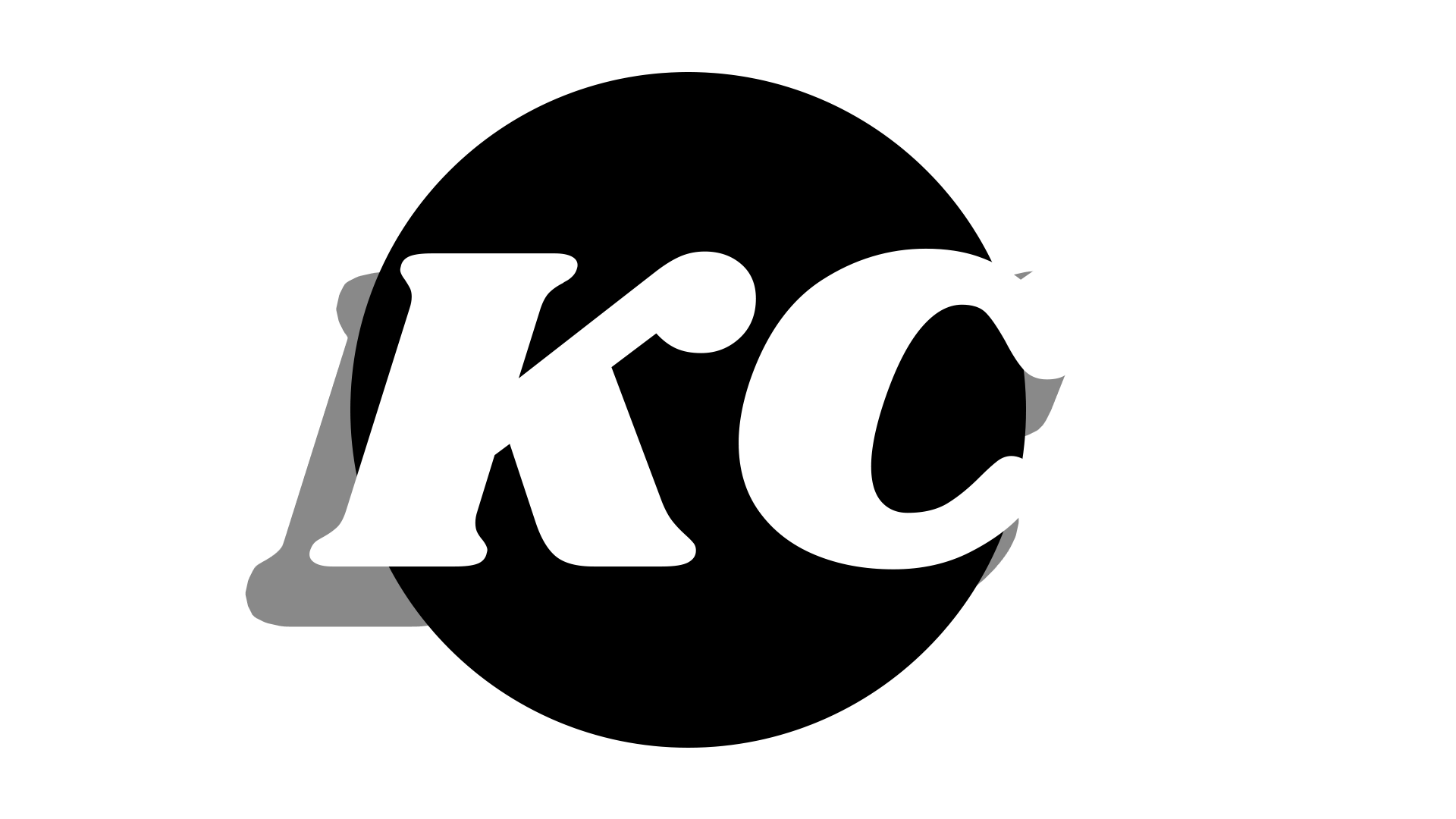22/52 Izzy Hall
22/52 Izzy Hall
“My parents are successful corporate people, and they’ve always wanted what’s best for me, and I’ve consistently looked to them for guidance.
After high school, I actually wanted to become a teacher because I loved helping to set people up for success. Instead, I followed my parents’ suggestion to “just give business a try”. I went to Queen’s Commerce, and I actually really did love parts of business, particularly strategy and problem-solving. Anyway, I remember so clearly, I hit this point after Queen’s when I was working at a bank, and I was just not loving living for the weekend. It became clear that the volunteer opportunities I took up after work were the things that were really giving me energy. I decided that I just needed to lean into this to see if I could build a full-time career in this space (or if it should remain as just a hobby).
I talked to a friend who worked at She Leads Africa…she just had so much energy when she was talking about her work and I was like THAT is what I want. She invited me to their Toronto workshop—I remember sitting in that room with goosebumps, knowing this is the kind of environment I want to be in, this is a mission that I connect to, and they offered me a job!
I remember telling my parents, and they were like “oh hell no!” I think they thought, not only is this such a risky career move, but it was a departure from the path they knew as successful. But it just felt so right in my heart, for the first time in my life, I didn’t care what my parents thought. I just went for it.
At the time, I didn’t really understand social enterprise. I knew the traditional model of charity, but She Leads Africa taught me about the intersection of business and social impact, which is really what I enjoy. It’s been so cool having opportunities to reimagine capitalism, and think about a world in which we don’t need the word “impact” in front of investing or “social” in front of enterprise. One where investors and businesses are considering a wider group of stakeholders, where social responsibility is at the core of operations as opposed to the periphery, and where doing well also means doing good”


